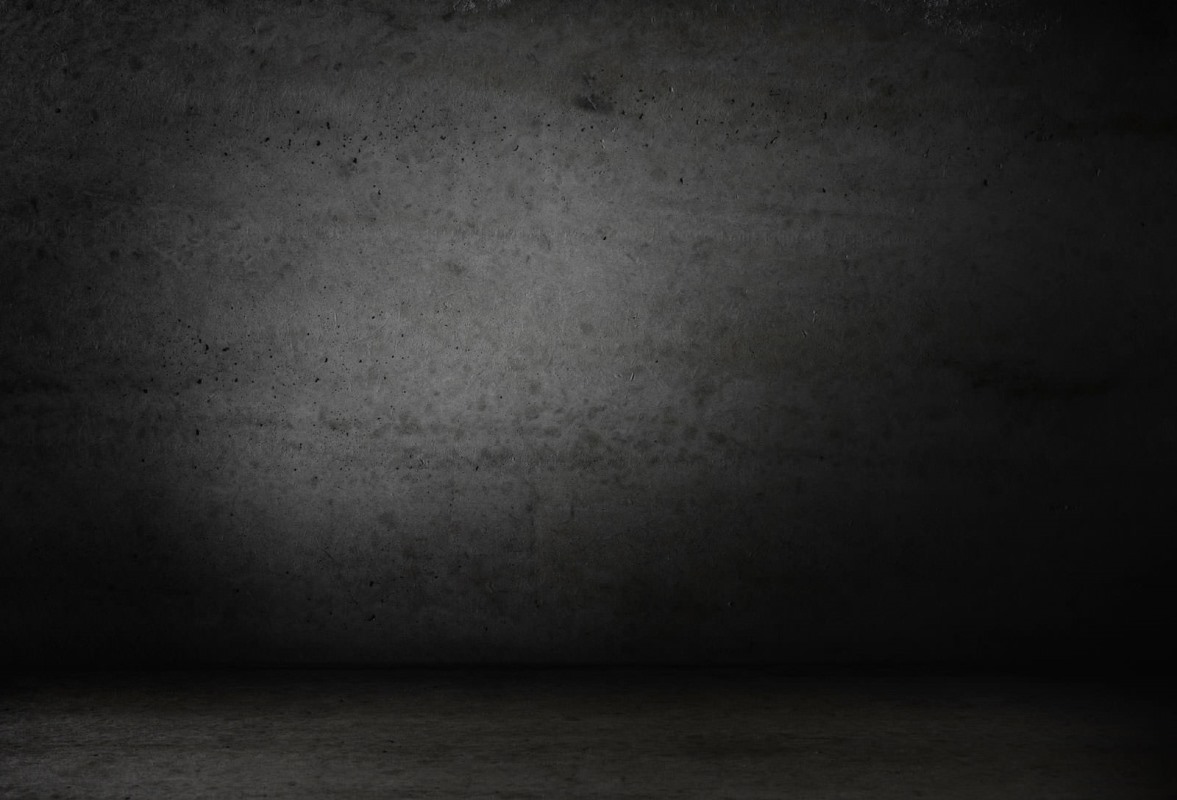

19
18
From Britten we move on quite naturally to Bridge, since we know
what a great influence the latter had on his pupil in both musical and
human terms. You’ve chosen to play two pieces written in 1905 and 1908
respectively,
Pensiero
and
Allegro appassionato
.
Impossible to overlook these pieces! As soon as we’d decided I was doing an English
programme, they had to be in there.We’re in a vein rather similar to that of Clarke;
the music is marvellously written – and, here too, written by a viola player.
I love the hint of English stiffupper lip that characterises thismusic, which is always
very melodious. But you have to be able to go beyond that aspect in order to keep
it free of any suggestion of blandness. I endeavoured to dig deeply into the textures
and the harmonies and to make the most of the dialogue with the piano in order
to achieve a result as lively and varied as possible, so as to do full justice to what is
really quite ardent music. These two pieces are little gems.
ADRIEN LA MARCA
ENGLISH DELIGHT
Before Britten’s
Lachrymae
(1950), you go back to the source of the work,
and one of the sources of English music as a whole, with two songs by
John Dowland,
Flow my tears
and
If my complaints could passions move
.
I’ve tried the experience of performing these two songs before
Lachrymae
several
times in concert. I think it’s very useful for the listener to hear them in order to
penetrate more deeply into this absolute masterpiece of Britten, with which they
are so closely linked. Every time I play
Lachrymae
in public I can gauge the impact
it has on the audience. When it’s over, the applause always takes a few seconds to
come.
Lachrymae
is a labyrinth that draws us into an extremely different world, or
rather worlds. In that respect, one needs to bear in mind that the complete title
is
Lachrymae: Reflections on a song of Dowland
. The subtitle should be taken in the
two senses of the word, ‘meditation’ and (physical) ‘reflection’. In fact the whole
universe of Dowland is expressed here through the prism of Britten. When I talk
to listeners after performing this work, they generally tell me how surprised they
are by the diversity of the viola’s expressive palette.
Lachrymae
begins with the
instrument muted, in a very intimate atmosphere. Everything changes with the
fourth variation,
Allegro con moto
: from then on the viola sings, it declaims. At the
seventh variation,
Alla valse moderato
, though, the mood becomes calmer with a
valse triste
that seems to want to make time stand still. Equally astonishing is the
eighth,
Allegro marcia
, a highly rhythmic piece whose swaying rhythm is rather
reminiscent of jazz. The ninth variation,
Lento
, is a veritable aquarelle in sound. As
to the tenth,
L’istesso tempo
, it brilliantly prepares the final emergence of the theme
of
If my complaints could passions move
. After we’ve traversed the length and breadth
of Britten’s harmonic world, the appearance of this theme in its pristine purity is
genuinely magical.

















